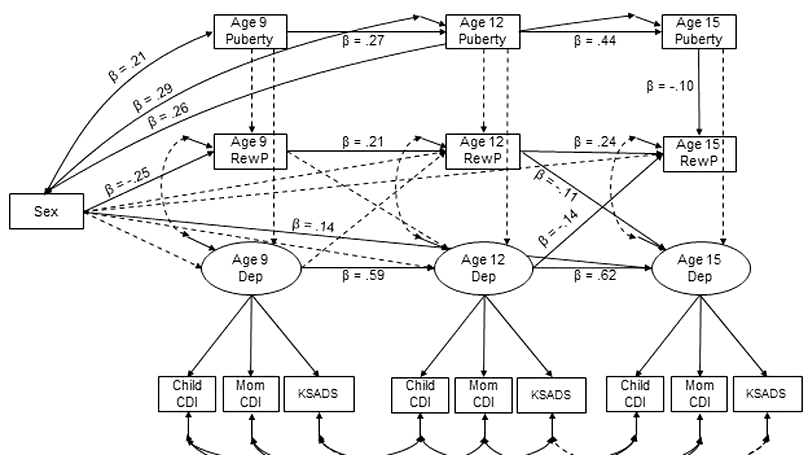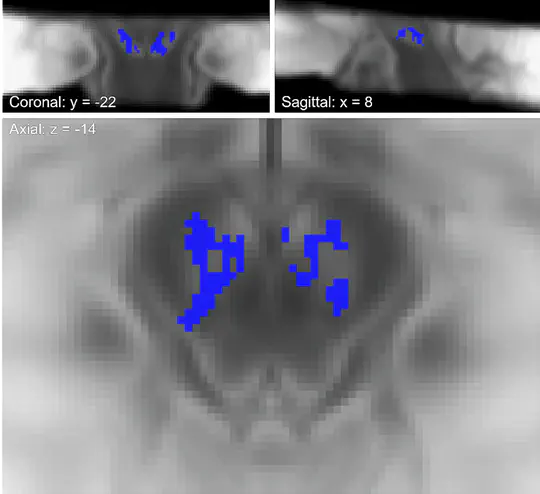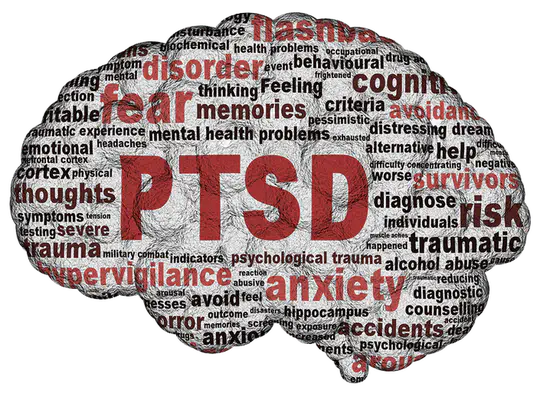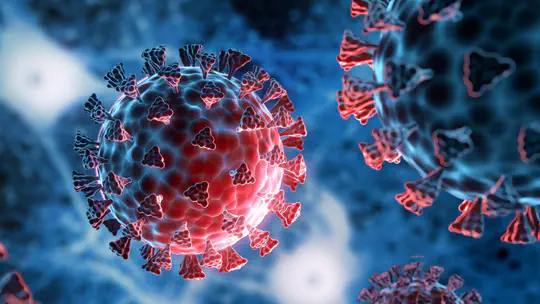Daniel M. Mackin, Ph.D.
Postdoctoral Fellow in Biomedical Data Science
Center for Technology and Behavioral Health
Geisel School of Medicine at Dartmouth College
Biography
Dan Mackin is a psychologist and postdoctoral fellow in Biomedical Data Science in the Geisel School of Medicine at Dartmouth College. He works in the Artificial Intelligence and Mental Health: Innovation in Technology Guided Healthcare (AIM HIGH) Lab in the Center for Technology and Behavioral Health. He received his Ph.D. in Clinical Psychology from Stony Brook University and completed his clinical fellowship at the Warren Alpert Medical School of Brown University.
Dr. Mackin’s research has used a wide range of methods to study the development and course of depression and anxiety. He has investigated how factors such as reinforcement learning, reward processing, life stress, and personality influence internalizing disorders longitudinally. He has also developed measures assessing subtypes of Major Depressive Disorder.
Most recently, Dr. Mackin’s research has focused on applying machine learning techniques to passive sensor data from smartphones and wearable devices to better assess and predict real-time fluctuations in depressive symptoms and functioning. He is also interested in developing and implementing personalized just-in-time adaptive interventions (JITAIs).
- Longitudinal Data Analysis
- Statistical Modeling
- Machine Learning
- Reinforcement Learning
- Passive Sensing
- Digital Mental Health
- Psychopathology
PhD in Clinical Psychology, 2023
Stony Brook University
Clinical Fellowship in Psychology, 2023
Warren Alpert Medical School of Brown University
MA in Psychology, 2015
Stony Brook University
BS in Philosophy (summa cum laude), 2014
Northeastern University
Skills
Research Appointments
Projects
Featured Publication

Lower neural response to reward predicts subsequent depression during adolescence. Both pubertal development and biological sex have important effects on reward system development and depression during this period. However, relations among these variables across the transition from childhood to adolescence are not well characterized. Therefore, the current project utilized structural equation modeling to investigate the concurrent and prospective associations between depressive symptoms, neural reward responsiveness, pubertal status, and biological sex in a community-recruited sample at 9, 12, and 15 years of age. Findings indicate that there are bidirectional prospective effects between reward responsiveness and depression that emerge between ages 12 and 15. This may be a crucial time for studying bidirectional reward responsiveness–depression associations across time.
Additional Selected Publications
Contact
If interested in collaborating, contact me via email.
- daniel.m.mackin@dartmouth.edu
- 46 Centerra Parkway, Evergreen Center, Suite 300, Office 338S, Lebanon, NH 03766


